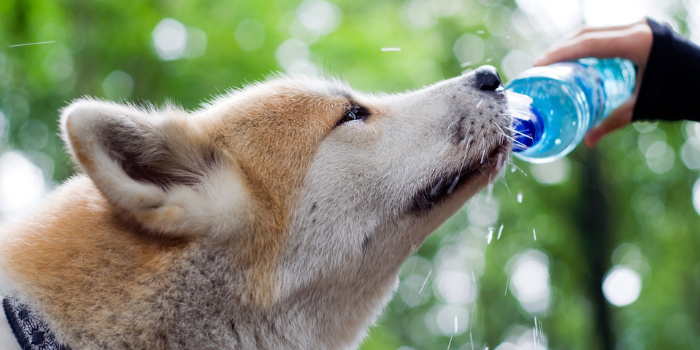Whilst you have likely heard of diabetes, you may not know that cats and dogs can be affected by it, too!
Therefore, our team has decided to lend you some sugar with the lowdown on diabetes in pets, focusing on the more common form known as diabetes mellitus.
What is diabetes mellitus?
Diabetes mellitus is caused by a deficiency of insulin. Insulin (a hormone normally produced by the pancreas) allows circulating glucose to be absorbed from the bloodstream into cells to be used as an important energy source for the body. Pets with a deficiency of insulin cannot absorb glucose into their cells, so it passes out in their urine without being utilised effectively.
What are the symptoms of diabetes mellitus in pets?
Pets with diabetes mellitus will commonly show symptoms such as:
- Increased thirst
- Increased urination
- Weight loss despite a good appetite
However, diabetes mellitus can also cause some more unexpected symptoms in affected pets, such as:
- Cataracts (severely clouded lenses within the eyes), particularly in dogs
- Nerve problems leading to hindlimb weakness and a flat-footed stance, particularly in cats
- An enlarged liver due to abnormal fat storage
- The development of an emergency and potentially life-threatening complication called diabetic ketoacidosis (DKA), where diabetic pets become severely dehydrated and unwell
Can diabetes be treated?
Most pets affected by diabetes mellitus will require long-term supplementation of insulin via twice daily injections under their skin. On the correct dosage of insulin, they will be able to utilise glucose normally, and their symptoms will improve or completely resolve.
With early, intense treatment and close monitoring, some pets (usually cats) may even recover enough to be able to start producing their own insulin again – this is known as “diabetic remission”.
If you notice changes in your pet’s eating or drinking levels or any unexpected weight loss, we’d advise a prompt veterinary check-up for further assessment. We’re sweet on high-quality veterinary care for all our patients!

